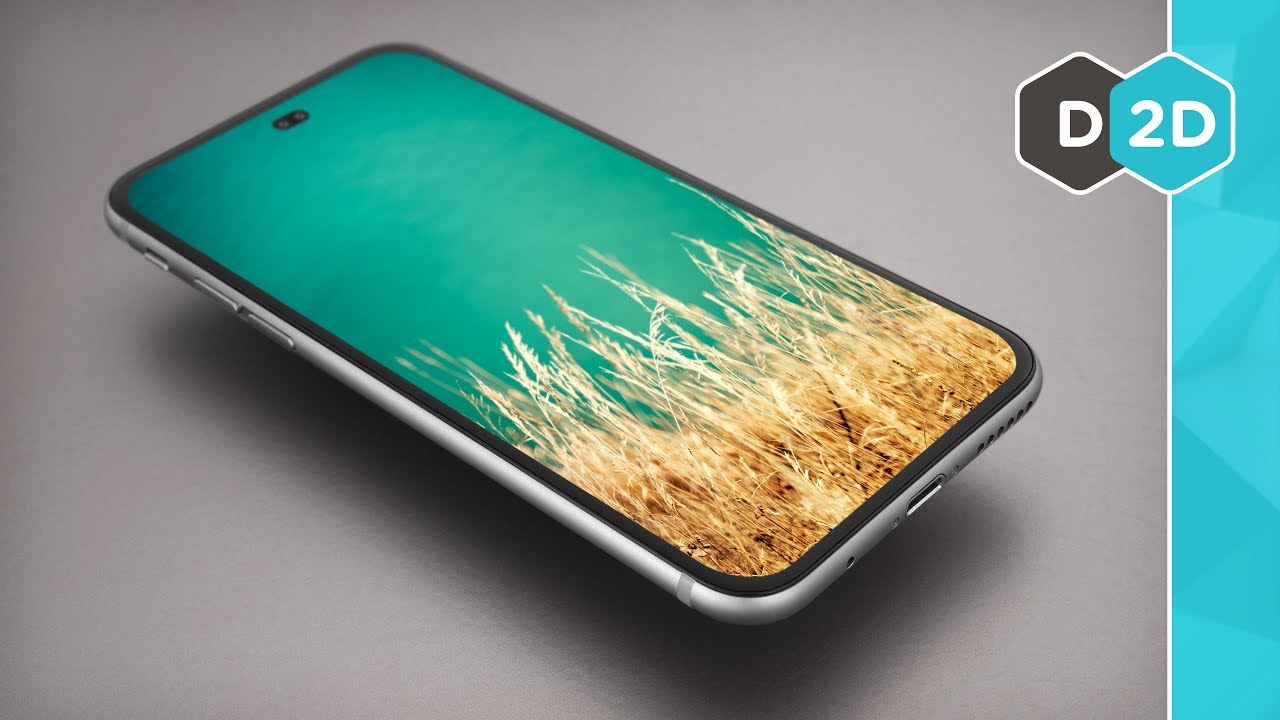Of all the gadgets and technologies to come out over the past decade, none have been as revolutionary and captivating as the Apple iPad, iPhone, and iPod. Over the years not only have these technologies become an integral part of our daily lives, but they’ve also drastically changed how we interact with mediums such as email and the internet. They’ve brought us closer together with technologies such as “Face Time” real time video chat, mobile instant messaging, and instant connectivity to just about anyone in the world. In short, people love their iPods and iPhones.
One thing that these gadgets are not, however, is “cheap”. You can expect to pay anywhere from $100-200 for base model iPods to as much as $1000 or more for an iPad with all the bells and whistles and 3G access. Fortunately there are a number of offers and programs on the internet which allow fans of Apple’s gadgets to get their hands on one without having to empty their pockets or charge up their credit cards. While there is no shortage of offers, one should be diligent in using common sense to avoid scams and offers which do nothing but waste your time.
One of the more popular offers is one that promises a chance to win a free iPad, free iPod, or free iPhone 4 from Apple in exchange for participating in a raffle or similar program. What these programs fail to reveal though, is that most times there are tens of thousands, sometimes even hundreds of thousands of people who are participating for what usually amounts to 1 or 2 actual free iPhones or iPads available to win. Given odds like these, it would be easier to win most lotteries than to get your hands on a free Apple iPhone.
Other offers that promise a free iPhone or iPod can be seen on Facebook in varying shapes and forms and usually involve requiring a participant to “like” a fanpage and suggest it to a certain number of their friends in order to have a shot at one. Most or all of these offers end with participants never receiving anything for their efforts let alone a free iPhone. It’s silly to think that one could get a free iPad or iPod just for liking and suggesting a Facebook fanpage to their friends, but many people fall for these kinds of offers because suggesting the page to friends gives the false impression that the offer is somehow more legitimate than it really is. When trying to gauge the legitimacy of a free offer, one should ask themselves if an offer seems “too good to be true” before participating. That is to say, why would anyone give away a free iPhone 4 or iPad that costs hundreds of dollars just for suggesting a Facebook page.
The third type of offer is one that produces legitimate results in exchange for minimal effort on the part of the participant. Marketing and Research & Development departments of large companies spend a great deal of money testing their products both before releasing them on the market and after in order to better mold their products to their target users. In order to better cater their gadgets to their users, they need honest feedback from real people who use the iPhone, iPad or iPod gadgets on a daily basis.
There are websites that offer regular people the opportunity to participate in these programs by becoming Beta Testers in exchange for nothing more than their opinions and feedback about the product that they choose to test. Participants are shipped either a free iPhone, iPad, or iPod model within a few days and are asked to begin using it on a daily basis just as if they had bought one from a store. In the course of using their gadgets, they’re also asked to note any features or software which they find to be extremely useful or hard to use. The only downside is that users can only participate in one Beta Tester program at a time, that is, you cannot have both a free iPhone and a free iPad shipped to you at the same time. The upside is that after using your gadget for 3-4 weeks and providing feedback on your experience, the iPhone, iPad or iPod that you were shipped is yours to keep for free.
Izzy Swan
















